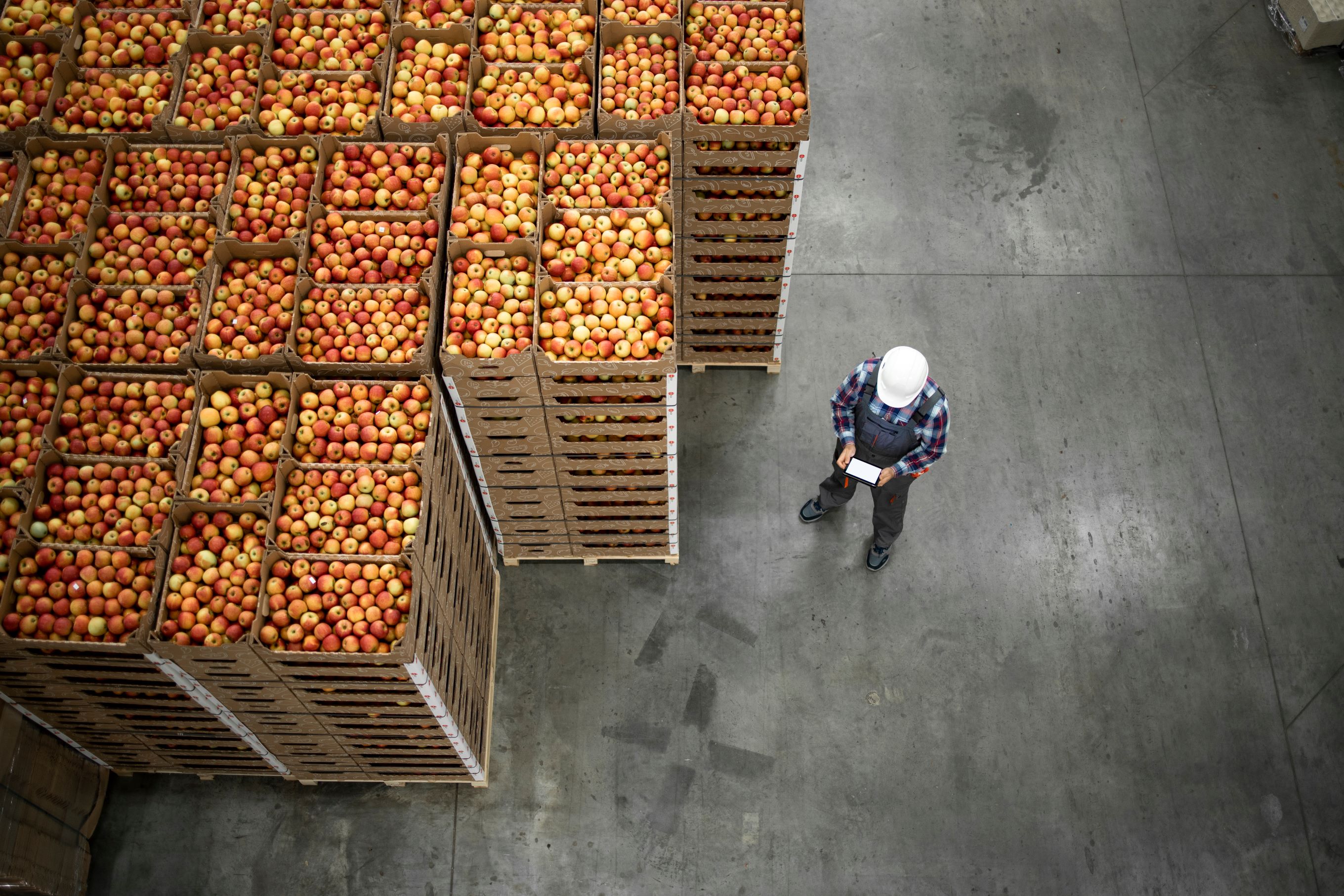
Today (31 January), the UK’s new Border Target Operating Model (BTOM) will enter into force, ushering in a new series of risk-based checks on goods entering Britain from the EU.
New border controls will come into effect for animal and plant products, as those that are classed as posing a ‘medium risk’ to biosecurity and health will now require export health certificates and phytosanitary certificates.
‘Ambitious’ plan for trade
The risk-based approach will also mean that imports from all countries will be assessed the same way, where ‘high-risk’ and ‘medium-risk’ products undergo necessary checks, and ‘low-risk’ products are imported more freely when it is safe to do so.
Institute of Export & International Trade (IOE&IT) director general Marco Forgione welcomed the “ambitious plan for UK trade”, saying BTOM would help re-address some of the commercial disadvantages that UK businesses have been facing post-Brexit, but added a note of caution.
“More than 70% of the businesses with whom we have spoken remain concerned about potential teething problems and issues which will impact prices and availability. Small firms in particular have also reported mixed levels of awareness and understanding.
“It is clear that businesses here in the UK and in the EU remain uncertain about the new requirements and announcements over the last week have added to that uncertainty.”
Concerns
Various figures from across the UK business world have previously expressed concerns about the new changes, including food groups who warned the Department for Environment, Food & Rural Affairs (DEFRA) of delays to the deliveries of time sensitive goods.
There was also consternation from trade experts after last-minute changes were made to the categorisations of food under BTOM on Friday, making many fruit and vegetables coming from the EU ‘medium risk’, when they were previously in the low-risk category.
Anna Doherty, senior trade and customs specialist at IOE&IT, described the changes as feeling “a bit out of the blue,” when taking into account that no official announcements were made.
In an email announcement, DEFRA said that it would work with traders to help them during this period:
“We will initially take a graduated approach to enforcement of the controls to safeguard the flow of goods, helping traders to get it right rather than penalising them if they get it wrong.”
A year-long process
Baroness Neville-Rolfe, minister of state at the Cabinet Office, said of the BTOM changes:
"Our aim is to have border controls which maximise the protection of the UK population from harms such as drugs and animal and human diseases, while minimising the disruption to legitimate trade.
“The new UK system being introduced over the course of this year makes a huge stride towards meeting this objective. We have worked with traders and businesses extensively to design the controls and will continue to listen to their feedback."
Today’s changes are the first in a phased approach. On 30 April, border checks are due to begin on goods entering the UK, while a new requirement for safety and security declarations on EU imports is due to come into effect 31 October.
The government positions BTOM as part of a wider set of changes to the UK border, which will introduce a digital-first approach to trade. This includes programmes like the Single Trade Window, which will remove the need for companies to provide the same data multiple times, and Trusted Trader schemes, which could significantly reduce controls for compliant firms.
IOE&IT continues to run courses for trade professionals, explaining the sanitary and phytosanitary (SPS) changes coming into force over the next 12 months. To attend our SPS course, please register your interest here.
